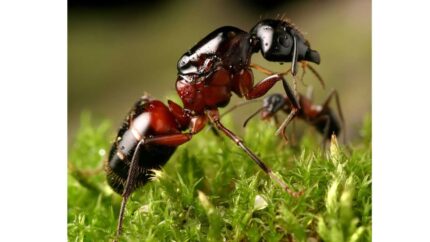
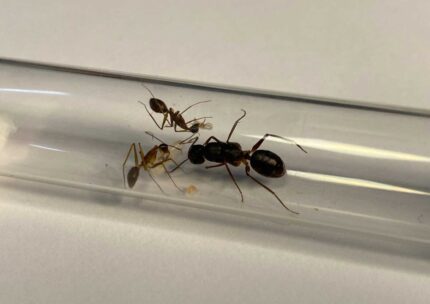
Camponotus misturus
339,90 zł – 449,90 złPrice range: 339,90 zł through 449,90 zł
Worldwide shipping
Free delivery over 999 PLN
The highest quality of goods
Live delivery guarantee
24/7 Personal Support
Fair Prices
Description
Camponotus misturus is a monogynous ant species with fast development speed and a colony size of up to 2,000 workers. The queen measures 14-16mm in size, while workers range from 4-8mm and majors are 9-12mm. They have a black head and body with a slightly red abdomen. Their nutrition includes food insects, syrup, fruit, vegetables, and jelly.
Additional information
| Behavior | |
|---|---|
| Difficulty in breeding | |
| Origin | |
| The size of ants | |
| Wintering |
Camponotus misturus
Colony Type
Colony Type: Monogyny
Colony Size: Up to 2 000 workers
Development Speed: medium
Size and Color
- Queen: 14-16 mm
- Workers: 4-8 mm
- Majors: 9-12 mm
Camponotus misturus is recognizable by its black head and body, with a slightly red abdomen, creating a striking contrast that sets it apart from other ant species.
Nutritional Needs
- Food insects (such as cockroaches and crickets) dead, or live if colony is big
- Syrup (a mixture of water and honey or sugar, with a ratio of 4/3 water:1)
- Fruits and vegetables
- Jelly
- Cooked chicken without salt, shrimps
- Honey
Humidity and Temperature
- Humidity: Arena: 40-60%, Nest: 60-70%
- Temperature: Arena: 24-30 °C, Nest: 22-26 °C
Characteristics of the Species
The distinct coloration of Camponotus misturus makes it a truly breathtaking species to observe. Resembling a slightly smaller specimen of the formidable Dinomyrmex gigas, these ants exhibit not only an impressive appearance but also intriguing behaviors that make them a fascinating addition to any ant enthusiast’s collection.
Recommended Nest Types for Breeding
Creating an ideal and comfortable environment is essential for the successful breeding and growth of Camponotus misturus colonies. Several nest types have proven to be suitable for these ants, providing the necessary conditions for their development. Acrylic, cork, plaster, and aerated concrete nests are among the recommended choices for housing Camponotus misturus. These materials offer a combination of durability, moisture retention, and optimal space allocation, ensuring the ants can establish their colony and thrive within their new habitat.


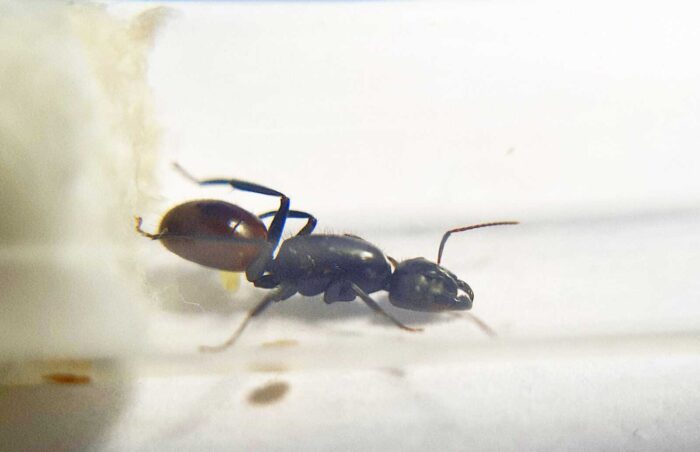
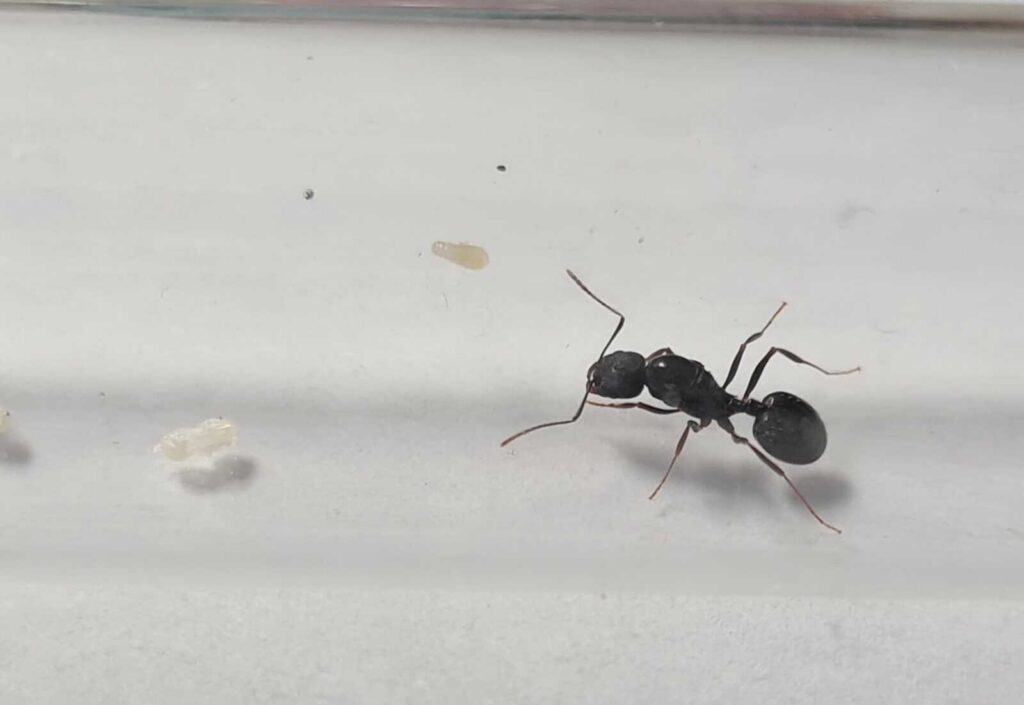
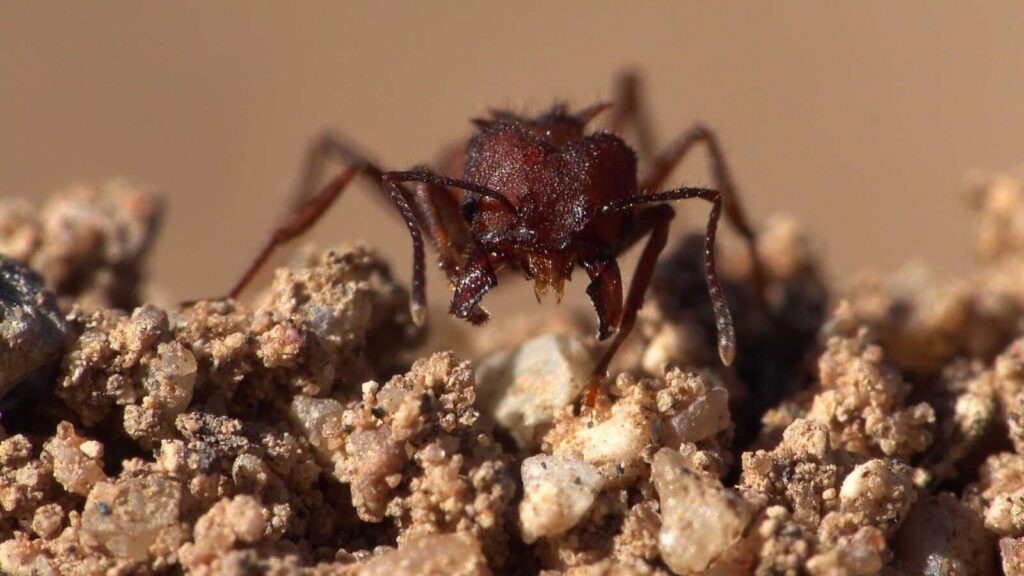
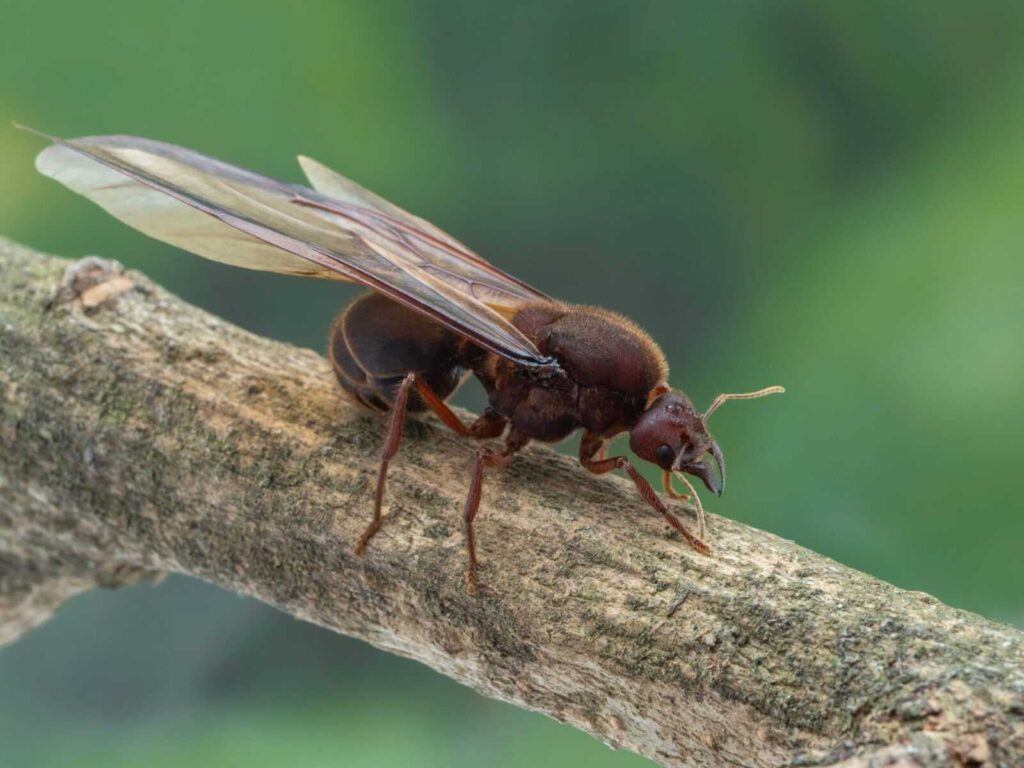
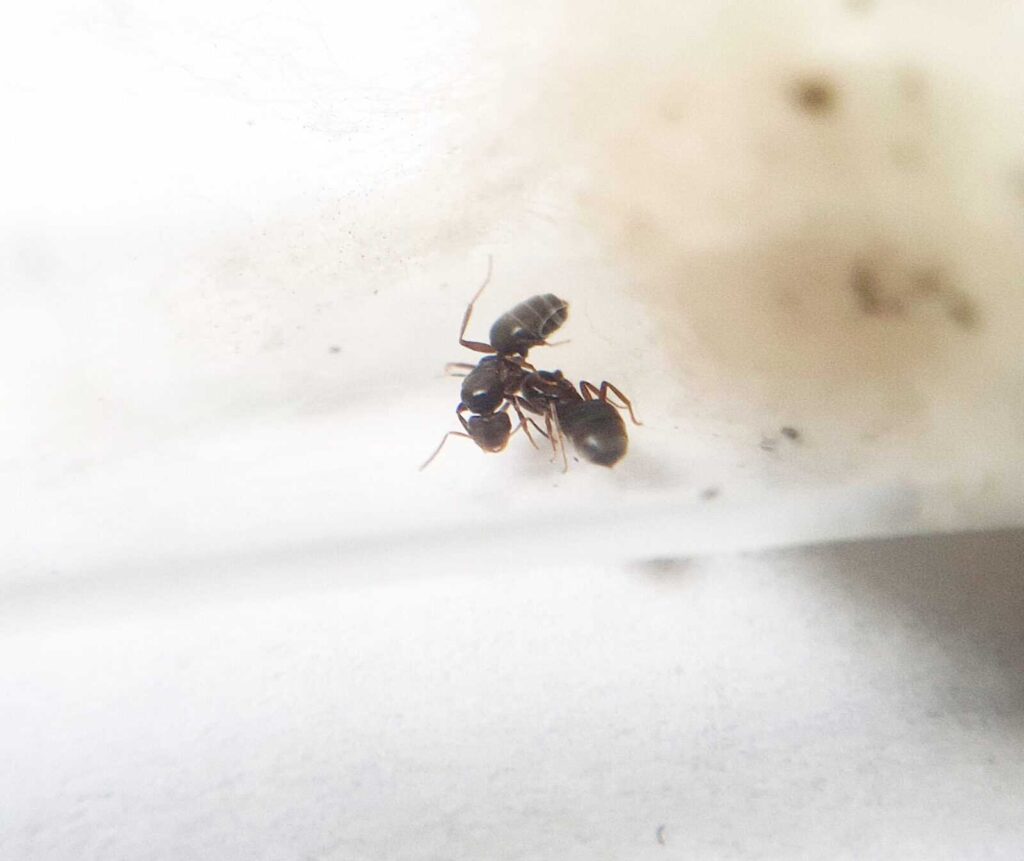
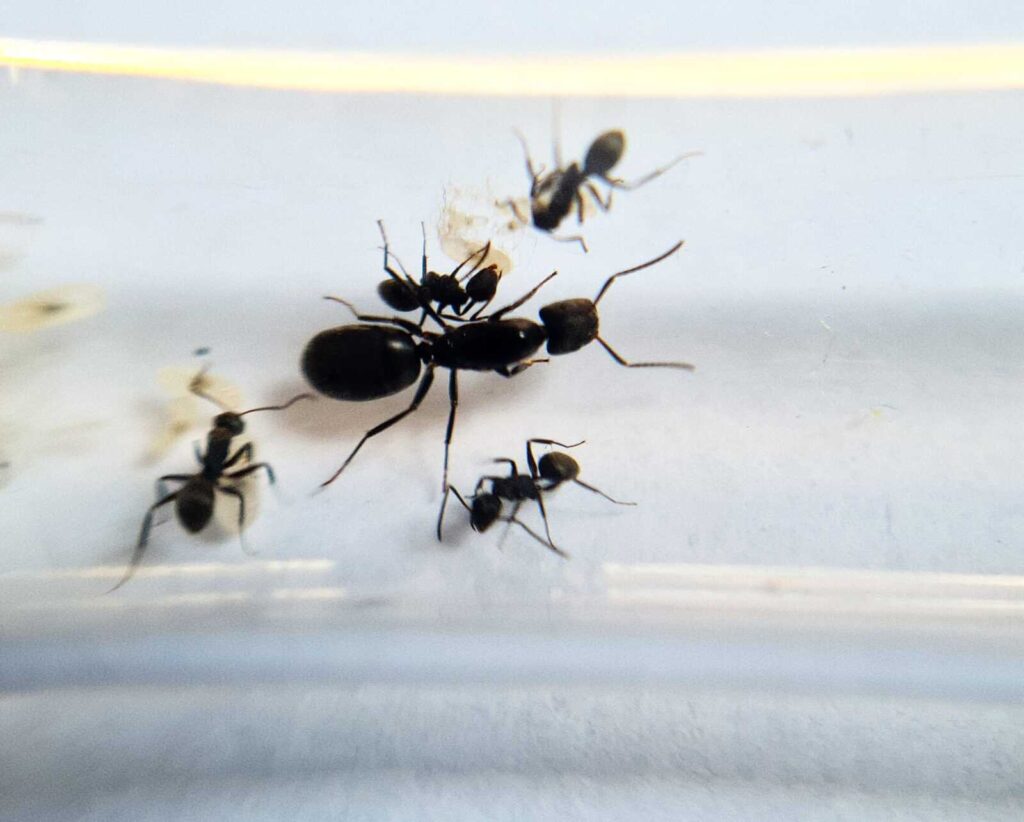
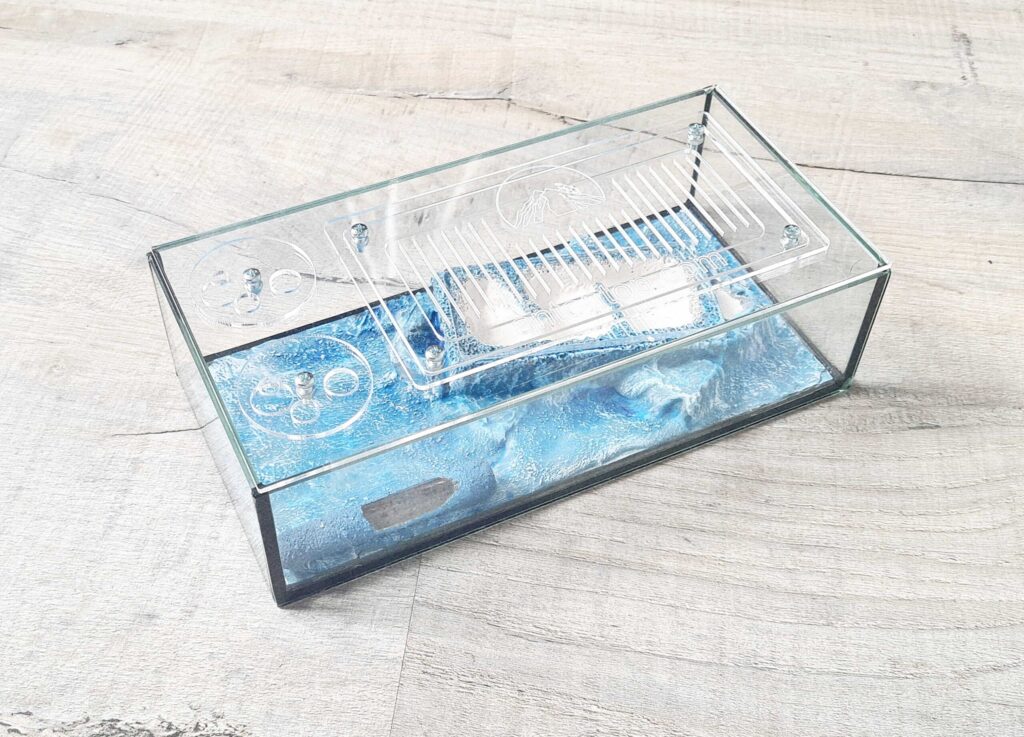
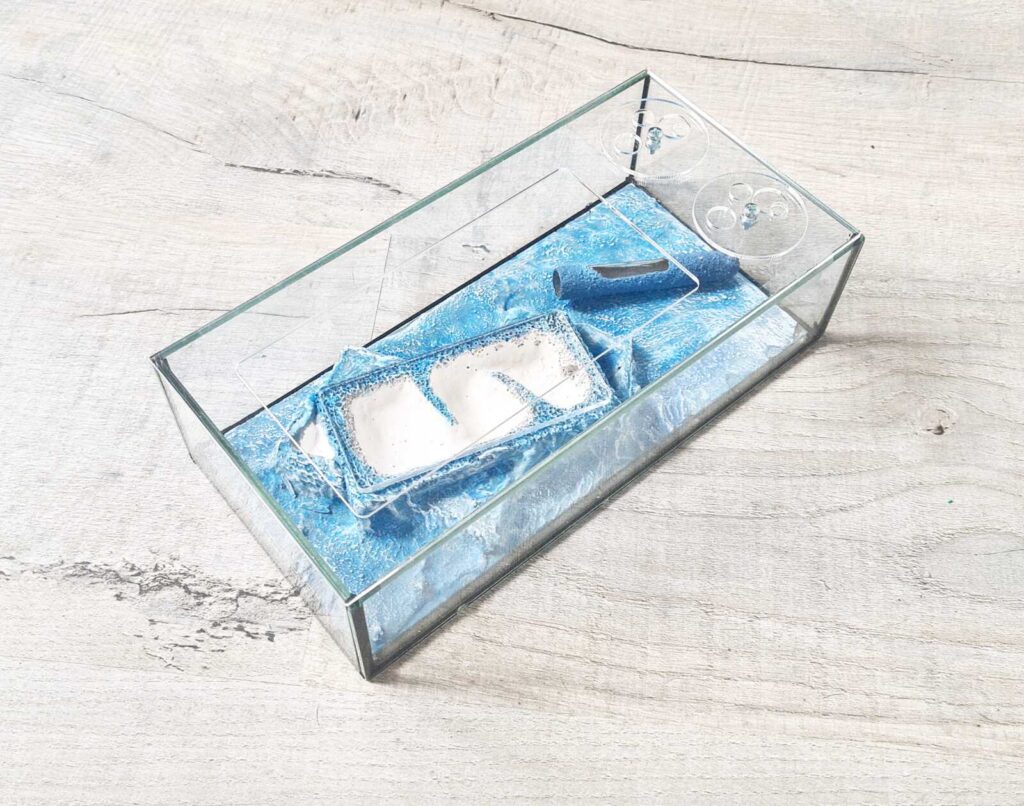
Reviews
Clear filtersThere are no reviews yet.